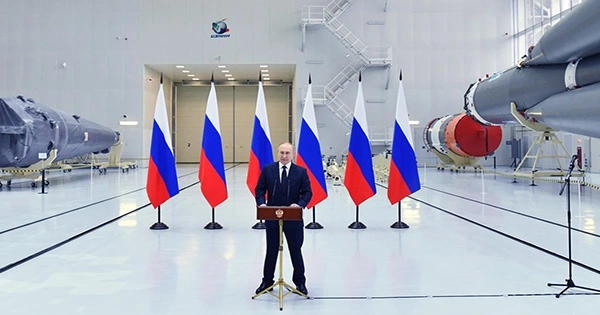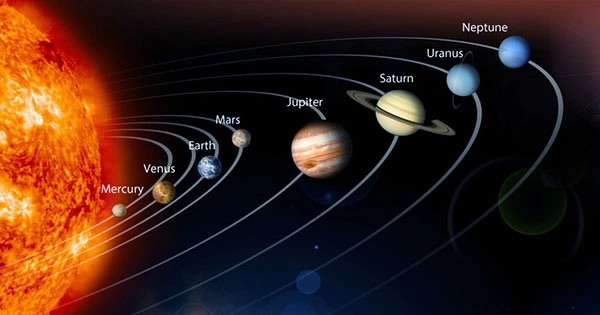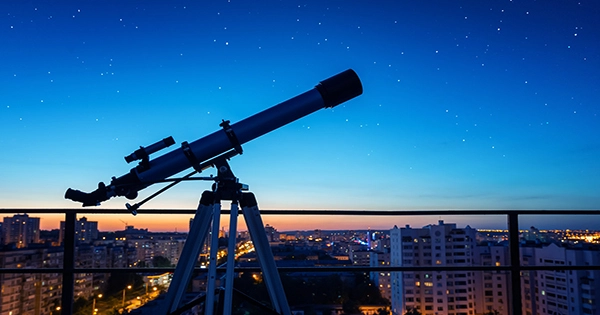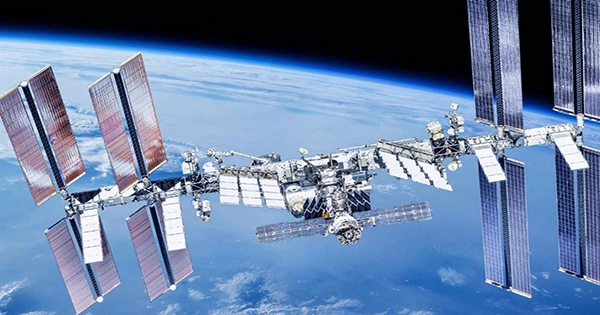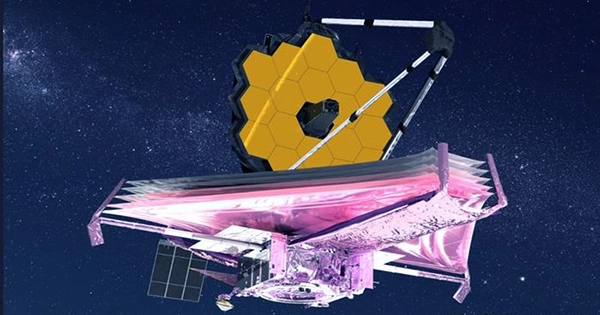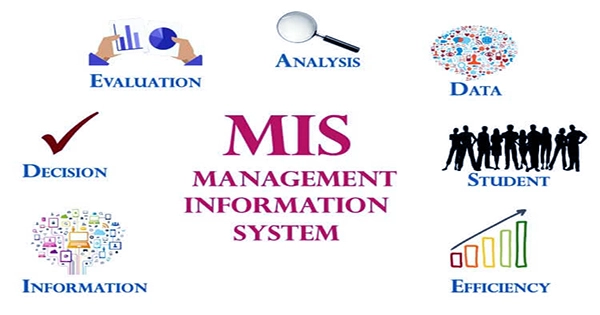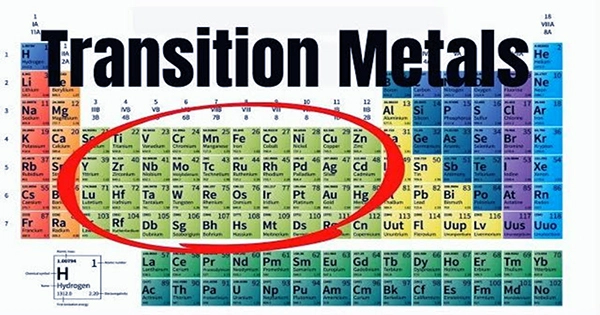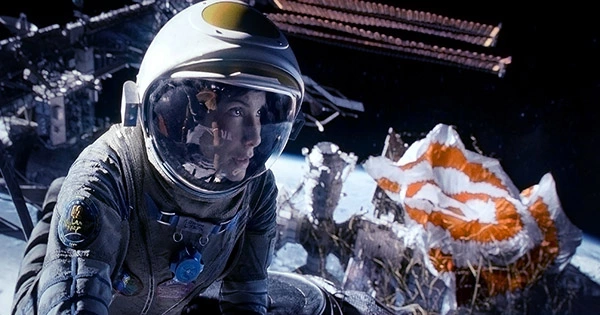Perhaps the year 2022 will be Luna 25. The Russian Moon project, which has been postponed for years, might finally launch this summer. That’s according to a statement from Russia’s space program, which President Vladimir Putin emphasized yesterday. “We will continue to develop a new generation transport ship as well as technology for nuclear space energy, where we have a distinct edge.” According to Russian state-owned news agency RIA, Putin is quoted as saying, “We will resume the lunar program.”
Putin stated that Russia will carry out its space plan “despite attempts from the outside to prevent it from moving forward” – a reference to the sanctions imposed on Russia in the aftermath of the invasion of Ukraine and the ongoing war crimes committed by the Russian military in the former Soviet republic. Luna 25 is scheduled to launch in August, according to the Russian space programme. It’s a robotic mission with 30 kilograms (66 pounds) of scientific equipment to analyze the soil of Boguslavsky crater to test landing technology. It will be followed by Luna 26 in 2024, an orbiter that will survey the moon, and finally Luna 27 – a lander that will launch in August 2025.
Russia plans to place people on the Moon between 2027 and 2028 to cap off this ambitious ambition. However, doubts persist regarding whether these measures will be implemented. In reaction to this news, the European Space Agency (ESA) appears to have published a statement, the latest in a series of “Redirecting ESA Programs in Response to Geopolitical Crisis” pronouncements, terminating collaboration on the Luna lunches.
“On Luna-25, -26, and -27, ESA will cease joint operations with Russia,” the agency stated. “As with ExoMars, Russia’s conduct against Ukraine and the sanctions imposed as a result constitute a major shift in circumstances, making it difficult for ESA to carry out the planned lunar collaboration.” Russia has halted European participation on the International Space Station, and cooperative missions have been postponed, so few people believe these missions will fly as planned.
In response to the invasion of Ukraine, the European Space Agency (ESA) has formally canceled ExoMars, an astrobiology project developed in conjunction with the Russian space agency Roscosmos. ESA’s supervisors unanimously agreed to put the project on hold indefinitely, citing “the current inability of carrying out the continued cooperation with Roscosmos,” according to a statement released Thursday.
